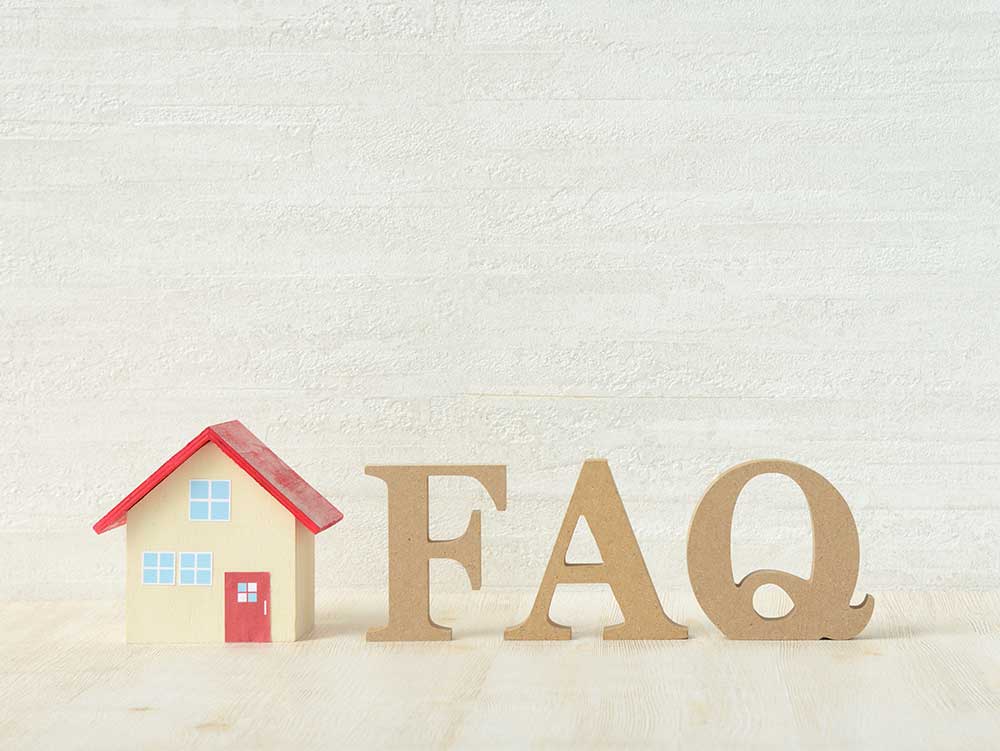If you are a first-time home buyer, all the steps of buying a home can be overwhelming. Here we have broken it down to better help you understand the process.
The first step is to evaluate your finances and be sure you are in the right place to make a big financial decision. Homebuyers certainly do not need perfect credit or a lot of cash in the bank; however, there are a few things to consider before seeking out a loan or mortgage.
Finances and Securing a Loan or Mortgage
A lender is, “an individual, a public or private group, or a financial institution that makes funds available to a person or business with the expectation that the funds will be repaid. Repayment will include the payment of any interest of fees” (Investopedia).
Essentially a lender is someone or a group that will lend you money for the purchase. Many homebuyers look to banks or private institutions as options for loans and mortgages. It is important to note that banks tend to avoid risky borrowers. If a credit check shows a history of missing payments or excessive loans or spending, it may be more difficult to secure a loan.
Take some time to review your credit and spending habits before applying for a loan.
Having enough savings for up to three to six months of expenses is also important. The homebuying process can take time, and lenders discourage making any large purchases or using credit during this time- so if an emergency comes up, it can be handy to have cash in the bank!
Lenders also take into consideration any existing debt you have, because this can determine the amount of payment you can afford each month. This in turn affects the amount of money the lender is willing to loan to you, or how high the interest rate is on your mortgage. It can be a huge advantage to decrease debt and spending and increase your savings account.
First-Time Homebuyer Advantage
While you should consider things like your debt and spending habits, there are programs that can provide aid to help first-time homebuyers purchase a home. Benefits here can include, “low or no down payment loans, grants or forgivable loans for closing costs and down payment assistance, as well as federal tax credits.” Here is one resource for more information.
Determine What You Can Afford
How much you can afford to pay monthly on a mortgage depends on where you live. Property taxes vary state to state. In Idaho, according to the Idaho State Tax Commission, “There’s no legal limit to how much any property’s tax bill can increase or decrease. But each taxing district can raise the property tax portion of its budget by no more than 3% unless one or both apply: Voters approve an increase to property tax revenue (e.g., bonds, overrides) or your taxing districts apply new construction or new annexations.”
Generally, Idaho property taxes are relatively low compared to the rest of the U.S. Idaho homeowners pay annually about $1,000 less than the national average (Smart Asset).
Knowing the property taxes will help determine what your monthly payments might look like. A good rule of thumb is to look at your debt-to-income ratio, what you are paying monthly for bills and debt versus the income you receive and what is left over.
You may have heard before that lenders want at least a 20% down-payment for the purchase of a house before they approve a loan. This is a myth, although there are some pros to this amount of a down payment. Typically, Private Mortgage Insurance (PMI) is not required if there is a 20% down payment. PMI is a type of mortgage insurance that may be required if you are considered a riskier borrower. PMI, “protects the lender in the event that you default on your primary mortgage and the home goes into foreclosure” (Investopedia).
If you pay a 20% down payment, this will save you the extra monthly cost of PMI. Consider this when determining how expensive of a home you can afford or want to purchase.
Once you are pre-approved for a mortgage, buying a home gets that much easier!
Start Looking
The next question to tackle is the fun part: what kind of a home are you looking for? Determining the style of home and what aspects of a home you simply cannot live without will help the process feel less overwhelming.
In this fast-paced market where there is less inventory than there are buyers, it is important to know what you are willing to give up and what you cannot live without. Perhaps this means you forfeit a large backyard because the kitchen is perfect. Because finding your perfect home is the goal it is important to understand the market and have realistic expectations about what is available to purchase.
Hiring a trusted Latah Realty REALTOR® can provide you with many more options when searching for your dream home. Real estate agents have access to listings that are exclusive to the brokerage, as well as listings that are coming soon, along with their network of agents outside the office. A real estate agent can also get access to houses for showings and can provide helpful insight and advice throughout the process.
Sign the Purchase and Sales Agreement (you are now under contract)
Once the buyer and seller sign the contract detailing the purchase (the Purchase and Sales Agreement or PSA), you are now considered “under contract.”
This contract may state that the buyer needs to pay “earnest money” as a part of the terms. To learn more about earnest money, click here (link to EM article).
This means the offer was accepted by the seller, but the sale is not yet complete. Typically, there is a period between signing and closing on a house that gives the buyer a chance to complete inspections or an appraisal. If any issues occur during this time, there might be a chance to either remedy concerns, complete any repairs needed, or even withdraw the offer (depending on what your contract states) if necessary.
Inspect the Home
Hiring a qualified home inspector is an important next step when buying a home. A home inspector will go through an entire property, inside and out, and identify health and safety issues and concerns as well as evaluate the general condition of the home and let you know if there are any areas that need to be addressed before closing. Once the inspection is complete, you will be provided with a detailed report about the property, as well as a recommendation from the inspector.
Spend some time researching inspectors in your area, and remember if you work with a Latah Realty REALTOR®, they can recommend trusted inspectors.
House in Escrow
Escrow is, “a legal arrangement in which a third party temporarily holds large sums of money or property until a particular condition has been met (e.g., the fulfillment of a purchase agreement)” (ROCKET Mortgage).
Escrow is typically used to protect the buyer’s earnest money deposit.
When signing a PSA, there will likely be a requirement within the contract that the buyer makes an earnest money deposit. This is a varying amount that shows you are serious about buying the home but is commonly 10% of the offer price. If the contract fails to close because the buyer defaults outside the terms of the contract, the seller may keep the money; however, if the purchase is completed, the earnest money will be applied to the down payment.
Close on House and Move In!
When closing day arrives, both the buyer and seller usually go to the title company listed in the PSA to sign closing documents and deliver the down payment. Once the sale is recorded by the title company, the purchase is complete, and the transfer of ownership is done, the buyer will get the keys and can move in!
The purchase of a house can certainly be overwhelming and complicated. Working with a licensed Latah Realty real estate agent who can help guide you through the process can help make buying a house a more simple and less stressful process. If you are interested in buying a home, call Latah Realty today at 208-883-1525 to speak to an agent!




